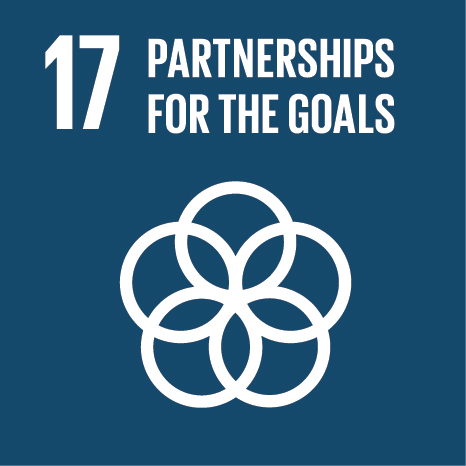Ciência_Iscte
Publications
Publication Detailed Description
Oxytocin and vasopressin modulation of prisoner’s dilemma strategies
Journal Title
Journal of Psychopharmacology
Year (definitive publication)
2020
Language
English
Country
United Kingdom
More Information
Web of Science®
Scopus
Google Scholar
This publication is not indexed in Overton
Abstract
Background: The neuropeptides oxytocin and vasopressin have been repeatedly implicated in social decision making by enhancing social salience and, generally, cooperation. The iterated and sequential version of the prisoner’s dilemma (PD) game is a social dilemma paradigm eliciting strategies of cooperation versus competition. Aims: We aimed to characterise the role of PD players’ sex, game partner type (computer vs. human) and oxytocin or vasopressin inhalation on the player’s strategy preference. Methods: Participants (153 men; 151 women) were randomised to intranasal 24 IU oxytocin, 20 IU vasopressin or placebo, double-blind, and played the PD. We examined main and interactive effects of sex, drug and partner type on strategy preference. Results: We found a pervasive preference for a tit-for-tat strategy (i.e. general sensitivity to the partner’s choices) over unconditional cooperation, particularly when against a human rather than a computer partner. Oxytocin doubled this sensitivity in women (i.e. the preference for tit-for-tat over unconditional cooperation strategies) when playing against computers, which suggests a tendency to anthropomorphise them, and doubled women’s unconditional cooperation preference when playing against humans. Vasopressin doubled sensitivity to the partner’s previous choices (i.e. for tit-for-tat over unconditional cooperation) across sexes and partner types. Conclusions: These findings suggest that women may be more sensitive to oxytocin’s social effects of anthropomorphism of non-humans and of unconditional cooperation with humans, which may be consistent with evolutionary pressures for maternal care, and that vasopressin, irrespective of sex and partner type, may be generally sensitising humans to others’ behaviour.
Acknowledgements
--
Keywords
Neuropeptides,Game theory,Cooperation,Competition,Theory of mind,Cognitive empathy,Prisoner’s dilemma,Mentalising
Fields of Science and Technology Classification
- Biological Sciences - Natural Sciences
- Psychology - Social Sciences
- Sociology - Social Sciences
- Anthropology - Social Sciences
Funding Records
| Funding Reference | Funding Entity |
|---|---|
| UID/MAT/00006/2019 | Fundação para a Ciência e a Tecnologia |
| R01 MH084068-01A1 | National Institute of Mental Health |
| UID/CEC/50021/2019 | Fundação para a Ciência e a Tecnologia |
| DSAIPA/DS/0065/2018 | Fundação para a Ciência e a Tecnologia |
| LISBOA-01-0145-FEDER-030907 | Fundação para a Ciência e a Tecnologia |
| 292/16 | Bial Foundation |
| IF/00787/2014 | Fundação para a Ciência e a Tecnologia |
| FP7-PEOPLE-2013-CIG-631952 | Comissão Europeia |
| UIDB/03125/2020 | Fundação para a Ciência e a Tecnologia |
| UL1TR000454 | National Institutes of Health |
Contributions to the Sustainable Development Goals of the United Nations
With the objective to increase the research activity directed towards the achievement of the United Nations 2030 Sustainable Development Goals, the possibility of associating scientific publications with the Sustainable Development Goals is now available in Ciência_Iscte. These are the Sustainable Development Goals identified by the author(s) for this publication. For more detailed information on the Sustainable Development Goals, click here.

 Português
Português



